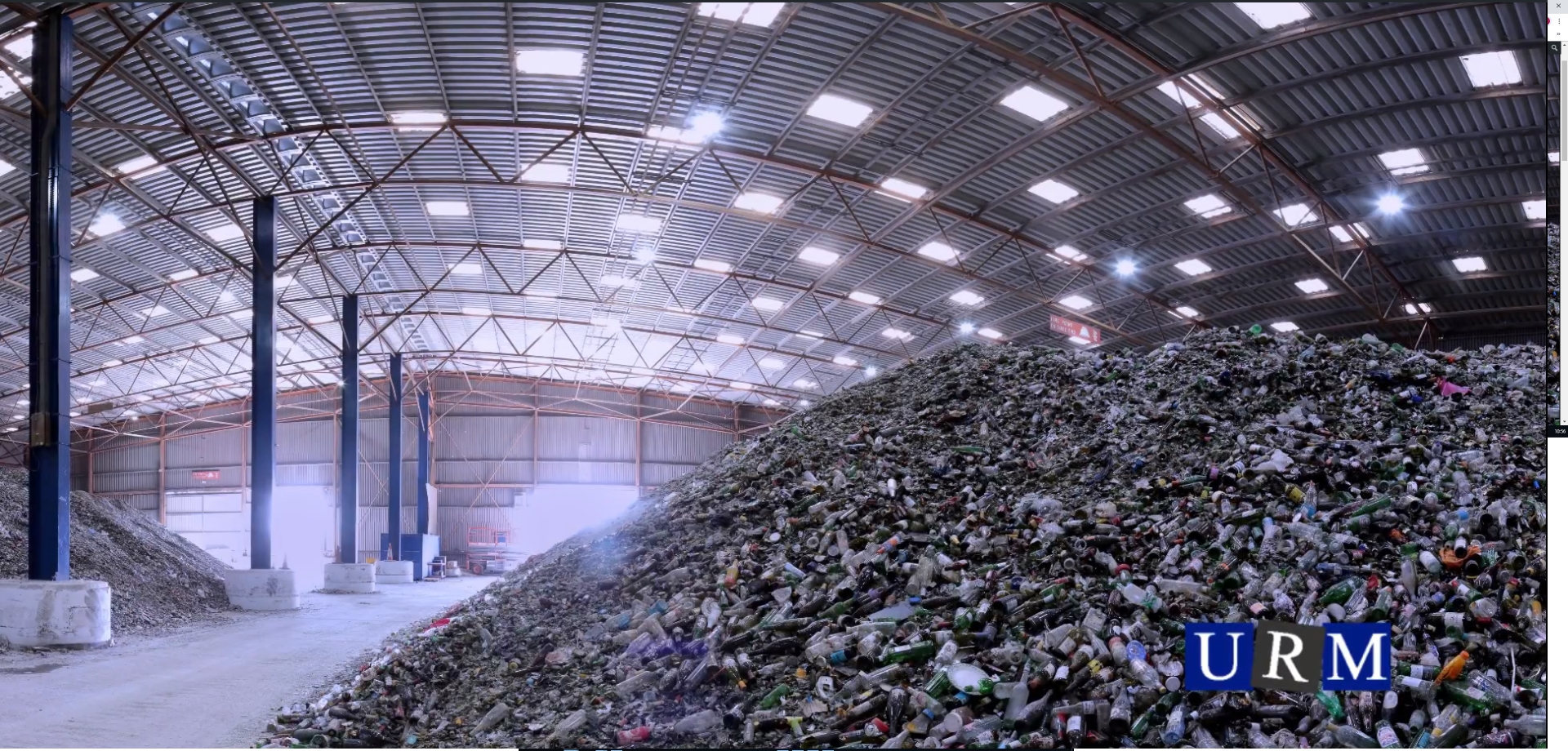Each 1000 tonnes of recycled glass that we melt saves 314 tonnes of CO2
Recycling one bottle can save enough energy to power a TV for one and a half hours
The amount of energy needed to melt recycled glass is considerably less than that needed to melt raw materials to make new glass bottles and Jars
By using recycled glass in furnaces, this saves hundreds of thousands of tonnes of primary raw material each year, therefore reducing the need to quarry and conserving the countryside
Every tonne of glass recycled extends the life of our increasingly scarce landfill sites
In terms of weight, glass makes up to 8% of household waste streams. An increase in the amount of glass recycled means savings on waste collections and disposal costs, which are increasing due to landfill tax.
Estimates indicate that 500 jobs are created for every 100,000 tonnes of glass collected for recycling. Recycling all the glass we currently throw away would create 7500 new jobs.
Glass is a combination of sand and other materials that are melted together at very high temperatures to form a material that is ideal for a wide range of uses; from packaging and construction to fibre optics.
Recycling one bottle can save enough energy to power a TV for one and a half hours
Around 1,500 BC the Egyptians made the first glass bottles in a state we would recognise today.
Glass can be recycled again and again without ever losing its clarity or purity. Every ton of glass recycled prevents the quarrying of 1.2 tons of raw materials.
Recycling reduces the release of CO2 into the atmosphere, helping to minimise climate change. Every ton of new bottles and jars made using recycled glass rather than raw materials prevents the emission of 670 kg of CO2.
Recycling a single bottle will power a 100-watt light bulb for nearly an hour.
It takes more than 1 million years for glass to decompose in landfill.
Glass has a fast turnaround and can be back on store shelves in as little as 30 days from collection
No other packaging material does a better job in preserving food and preventing penetration by contaminants.
“Cullet” is the industry term for furnace-ready recycled glass, material which is free of contaminants such as ceramics, metals, stones, or gravel, etc.





